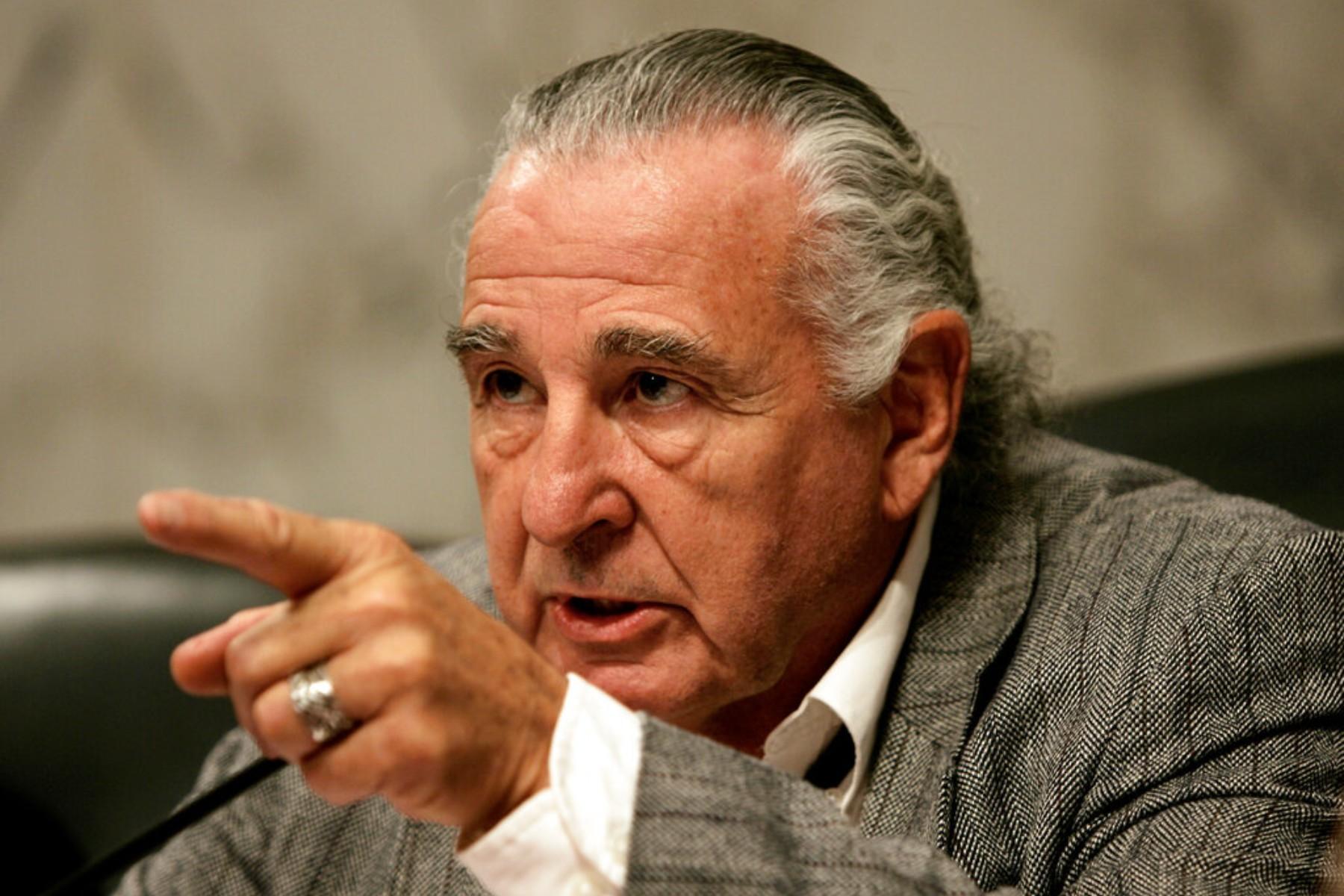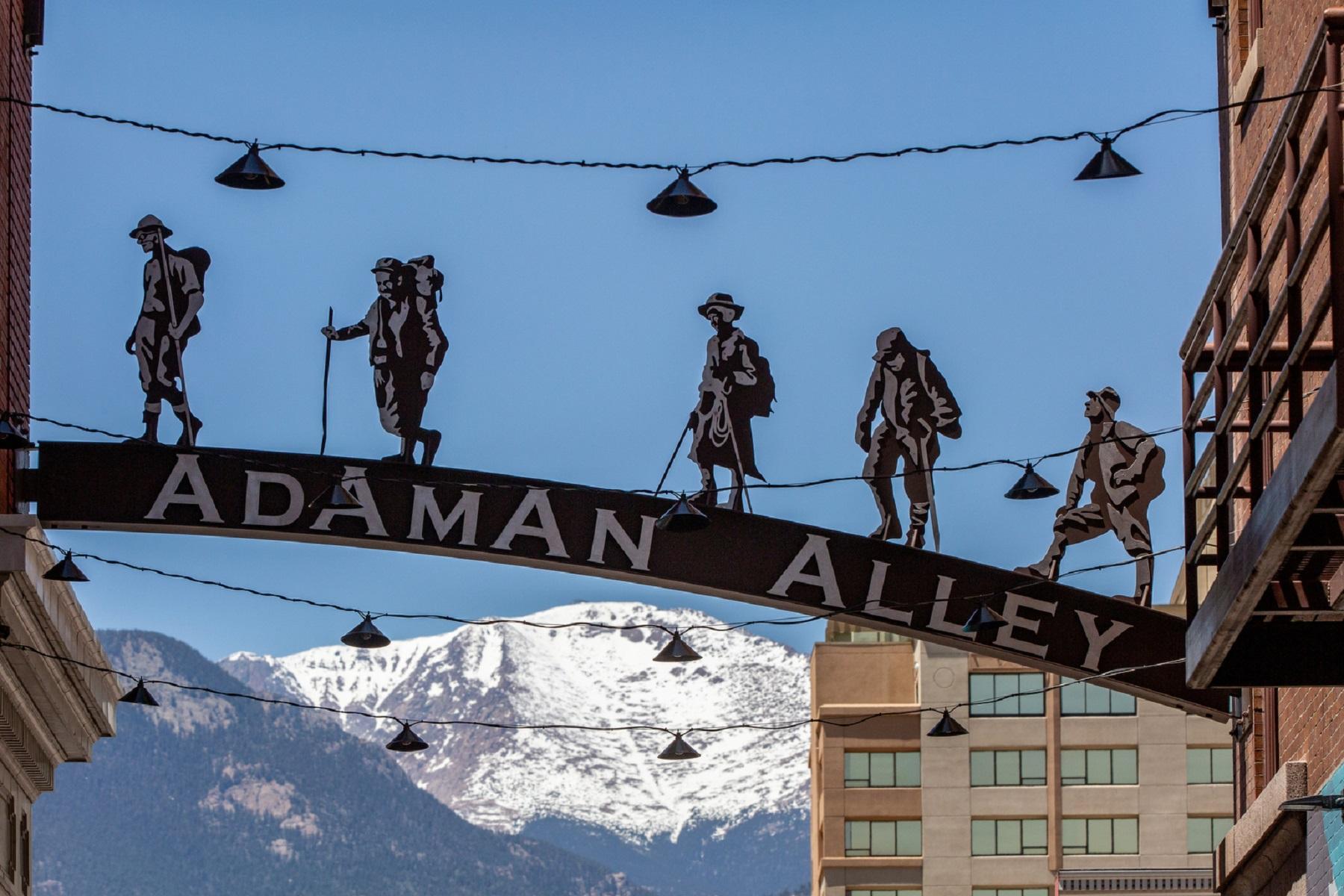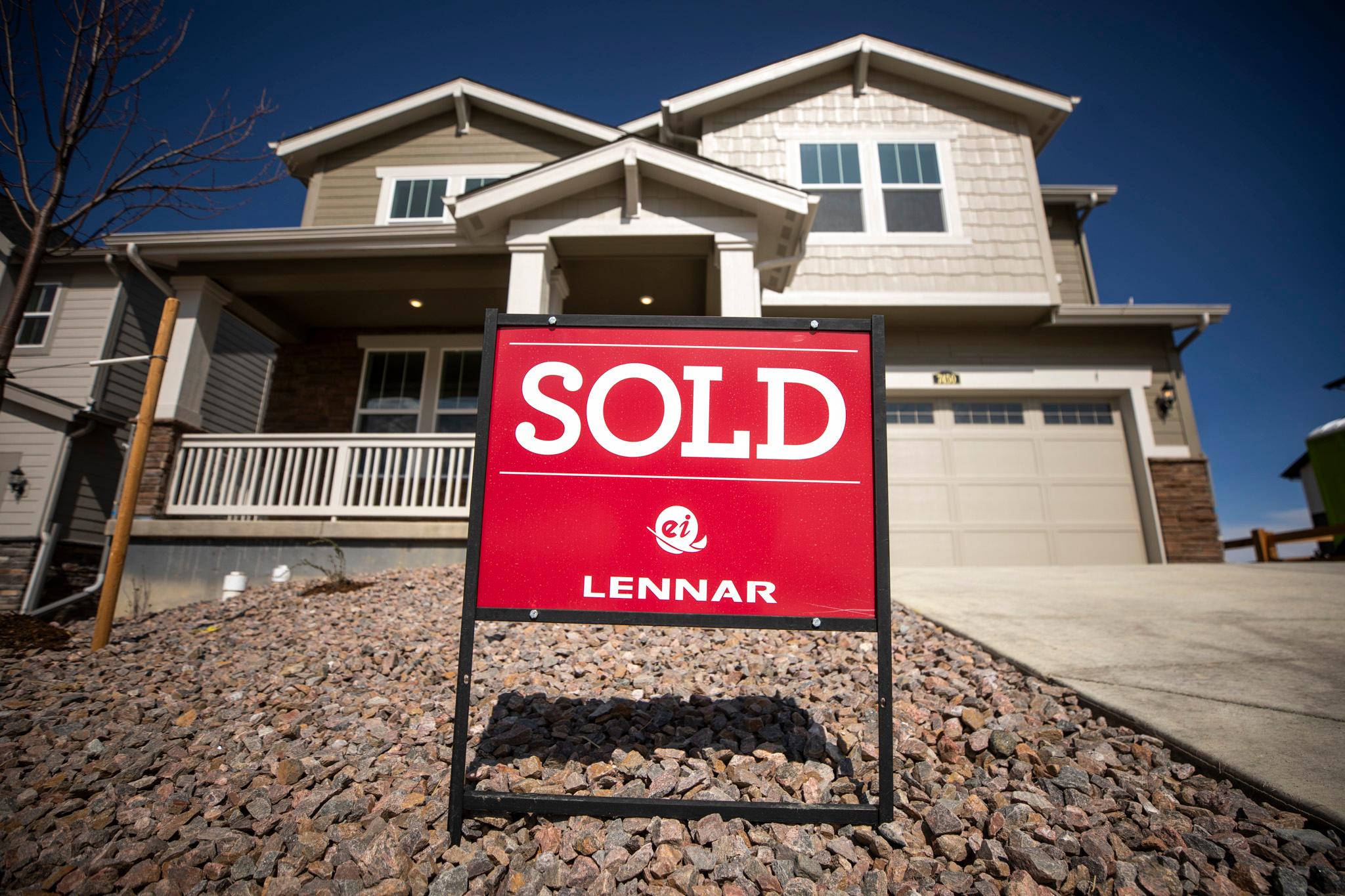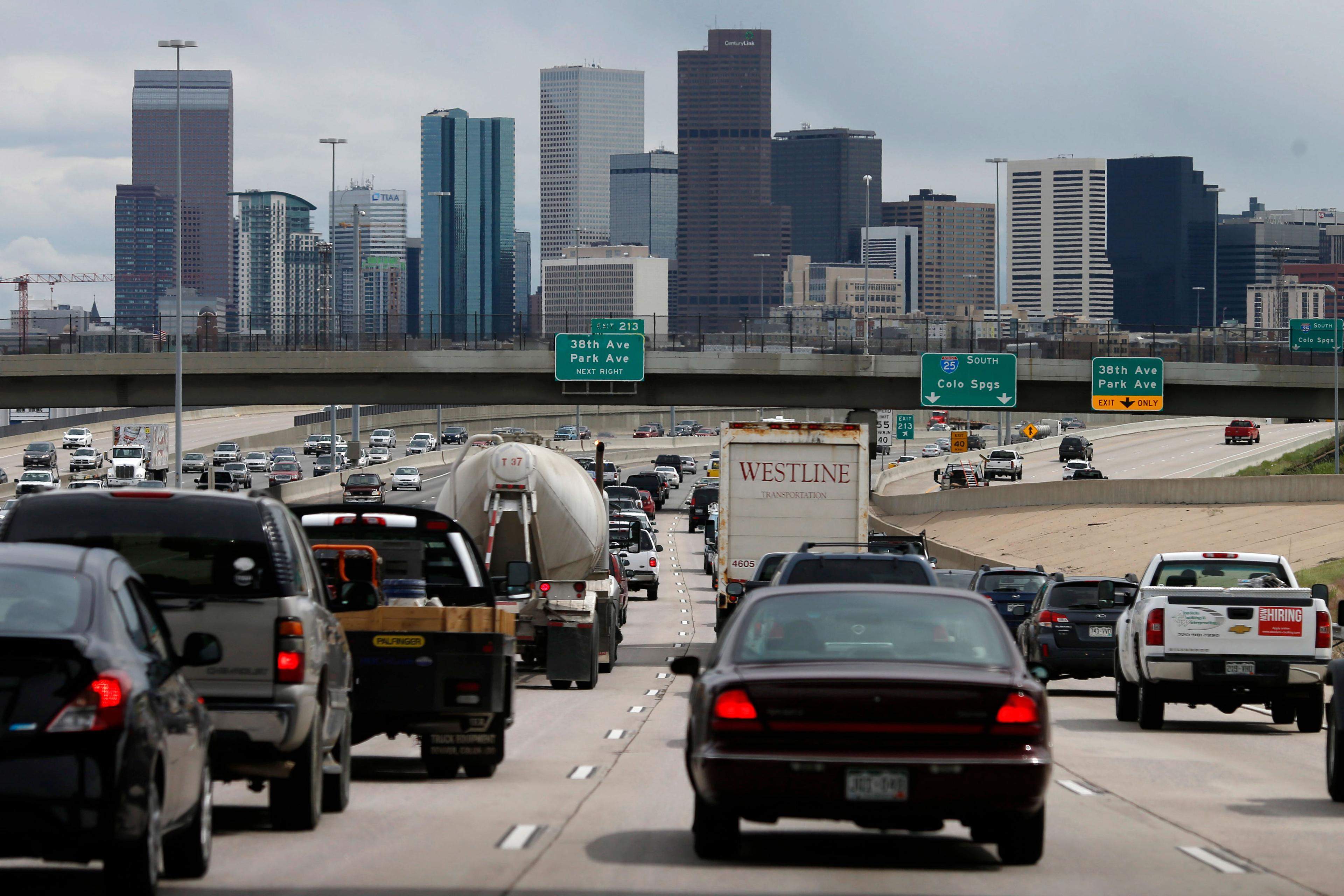

After years of staying in their separate lanes, Colorado’s top lawmakers may have found a way to merge together on a big issue: how to pay for the state’s transportation and infrastructure needs.
House Speaker Crisanta Duran, D-Denver, and Republican Sen. President Kevin Grantham, R-Cañon City, announced a deal Monday that opens the door to asking voters for new transportation bonds. It would also allow for a surge of spending on transportation projects over the next two years.
“This is not what would be the ideal for either one of us,” said Grantham, nodding to Duran. “We are in a split legislature and sometimes that’s when we do our best work, when we have to look at the other side and come up with solutions that fall somewhere in between.”
Duran agreed the plan proved lawmakers could overcome political divisions.
“We are continuing to show through our actions that we can bring people together in Colorado and that we can get things done for the people of our state,” said Duran.
The plan includes $495 million for transportation projects this fiscal year and $150 million next fiscal year.
Most of that money would be spent on state highway projects. More precisely, it would help pay down the Colorado Department of Transportation's $9-billion backlog of top-tier projects, which includes expanding the I-70 mountain corridor and widening I-25 between Castle Rock and Colorado Springs. Local governments and transit projects would each receive 15 percent of the total spending over the next two years.
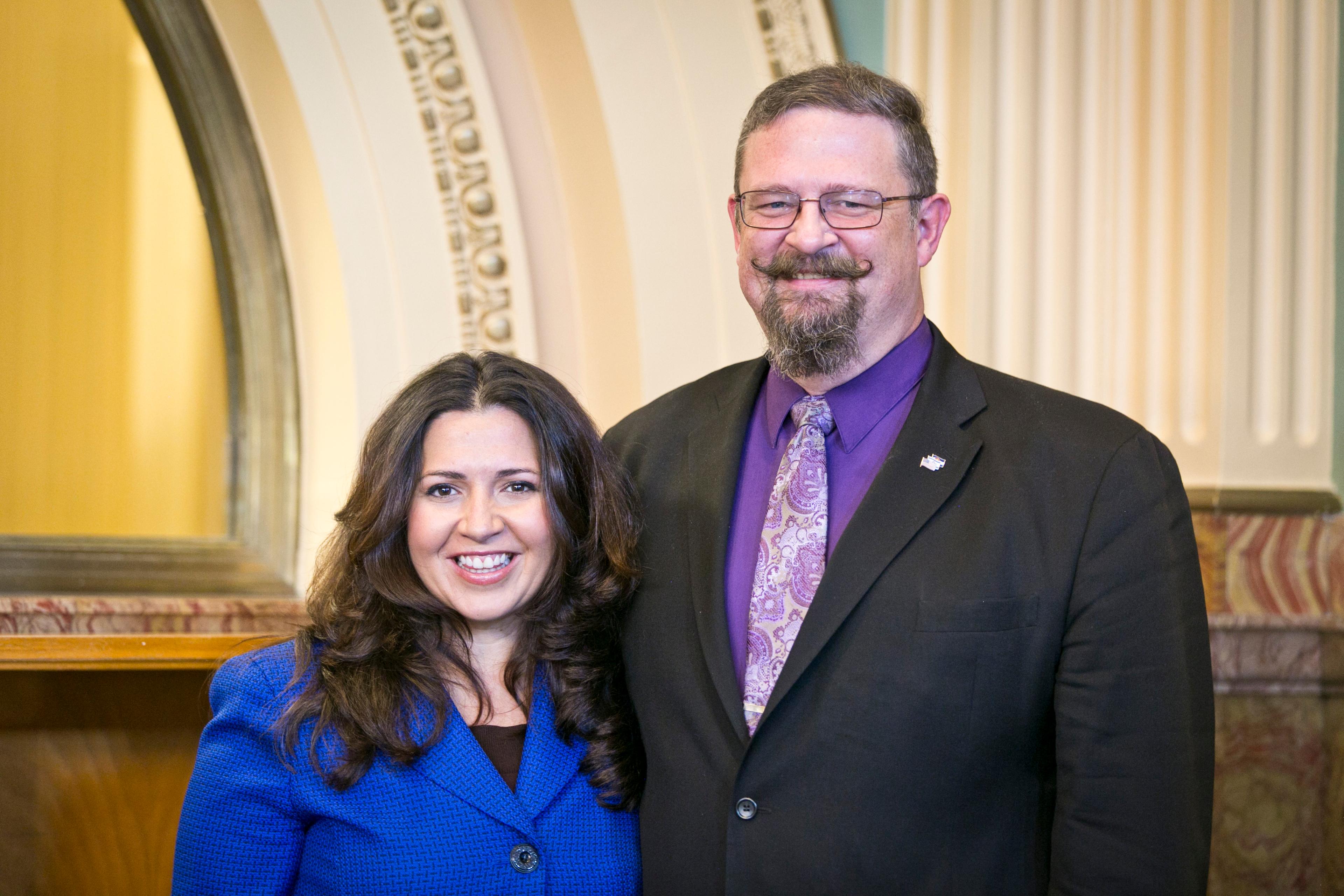
The plan sets aside $50 million a year for transportation afterwards until 2039, but it’s not yet clear how the money will be spent. That’s because the package leaves open the question of whether the state should use bonds to finance road projects. If bonding isn’t approved, the money will be used for regular road maintenance.
House Democrats had worried bond payments could eat up money for education.
In the end, Duran decided an appropriate bond package wouldn’t strain other budget priorities.
“This solution … is a reasonable and financially responsible level of bonding for the next 20 years. And we believe this is the best we can possibly do to address the needs of our state,” said Duran.
As it stands now, the compromise would ask voters for $2.3 billion in bonds in 2019, but that includes $1.9 billion the legislature already approved last year through the sale of bond-like certificates on state buildings. The money would be also be split, with 85 percent going to highway projects and 15 percent going to transit.
Mike Kopp, president of the pro-business group Colorado Concern, praised the deal following the announcement, noting it'd possibly be "the largest single roads bill in Colorado history."
"Tomorrow morning every driver in Colorado should honk their horn a time or two in thanks to legislators for coming together and making progress on our multi-billion dollar transportation infrastructure needs," he said in a statement.
Questions Remain At The Ballot Box
But there is a catch that could block the bonding plan altogether.
Groups outside the Capitol are at work on two citizen initiatives to ask voters for more transportation money transportation this November. Business groups led by the Denver Metro Chamber of Commerce plan to ask for a sales tax hike. The Independent Institute, a libertarian think tank, is also gathering signatures to ask voters to approve a $3.5 billion bond package. If either passes, the legislature would scrap their bonding ask.
Wrangling over transportation has lasted for the entirety of the legislative session. Republican state Senators introduced the original bill in January. It was amended during debates in the Senate, which ended up unanimously passing a compromise in March.
House Democrats then re-wrote the bill when it reached their chamber. After refusing to include any bonding, key Democrats reversed themselves last week and modified the bonding plan to include more money for transit and municipalities.
That means Democrats will have to amend the bill yet again to reflect the latest compromise. At that point, the bill will return to the Senate, which will have the opportunity to concur and send the package to Gov. John Hickenlooper, a Democrat.
All of it needs to happen quickly. The session ends May 9.

